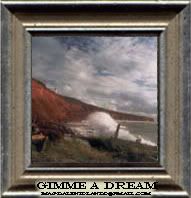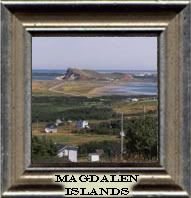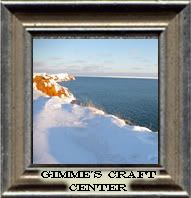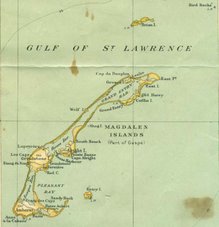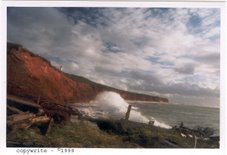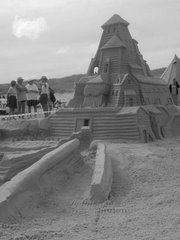Distinguishing Magdalen Islands Lobster
Over the past two years, the prices of seafood has pretty much hit the bottom of the barrel. The price of lobster plummeted from approximately $6.50CDN to $2.50CDN at the wharf. The industry is suffering and the fishermen even more. This makes the price of lobster far less than the price of beef or pork or even process meat substitutes. Lobster is still considered a luxury food.
On the islands, a renewable resource strategy was put in place in the late nineties and has been working well in spite of the lower prices giving the islands an excellent name for high quality, large lobster full of sweet meat. However, although islands lobster are well known through eastern Quebec, it is relatively unknown throughout the world as Islands lobster gets mixed into the fray.
What is relatively unknown to the world is that the lobster in the Gulf of Saint Lawrence is living in an environment that is fed great quantities of cold, fresh water coming down the Saint Lawrence Seaway. This water is mixing with the salt water from the Atlantic giving the density of salt around 50% normally found in lobster waters. This gives Magdalen Islands lobster more of the sweet/salt taste that is generally preferred.
The Ministry of Agriculture, Fisheries and Food (MAPAQ – Ministère de l'Agriculture, des Pêcheries et de l'Alimentation du Québec) has decided to prepare a marketing strategy to help processors of seafood markets in Quebec and the United States.
The organization, Transformation Alimentaire Québec (TRANSAQ) MAPAQ is leading this important project for the sustainable future of fisheries. With declining prices for seafood, the Associate Deputy Minister and Director General of TRANSAQ, Dominique Fortin, just completed a tour of eastern Quebec.
According to her, two things that must be done are unanimous in the industry:
According to her, two things that must be done are unanimous in the industry:
1. Strengthen marketing in companies of fisheries and aquaculture;
2. Increase awareness of marine products from Quebec.
The department plans include improving the tools available within MAPAQ. It also plans to organize meetings between the heads of major grocery chains in Quebec and industry. Through various means, MAPAQ will present more marketing of seafood products from Quebec.
"Everyone is in agreement with the fact that among seafood transformation companies, we must strengthen the marketing function," she said.
Magdalen Islands Lobster
 |
| Cape Dauphin Fishermen's COOP in Grosse Isle |
"The islands lobster is recognized within Quebec as Quebeckers want. Outside Quebec, there may be other people who want it too. We must distinguish it from other lobster," she says.
Negotiations are under way to adopt a new name for next season.
